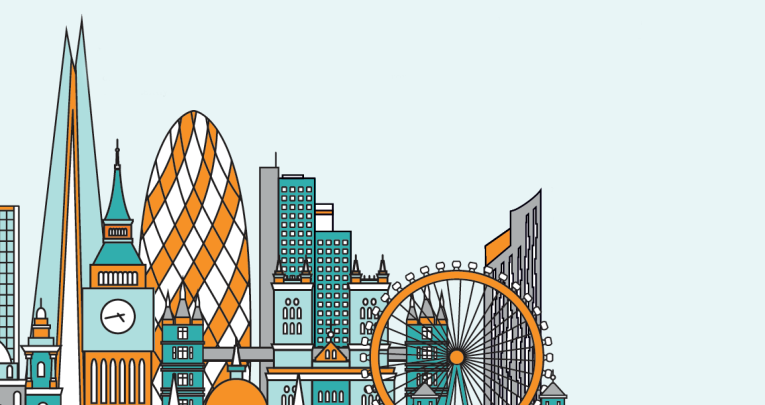Cancelling School Trips Because Of Terrorist Attacks Means Fear Wins

How we respond to harrowing events greatly influences children – we must teach them to make the most of their lives

- by Kevin Harcombe
- Former headteacher, writer and former UK Headteacher of the Year
A colleague head was in London with a coachload of Y5 kids at the time of the Westminster Bridge terror attack. Oblivious to the breaking news, the coach was stuck in traffic near the bridge and the teachers had noticed rather a lot of heavily armed police rushing about.
One teacher thought she saw a knife on the pavement. Most of the children hadn’t noticed: they were happily chatting to their friends or joining in the inevitable coach trip sing-song, which the teachers encouraged as a form of misdirection.
One girl said something along the lines of, ‘Wow! Look at that policeman’s big gun!’ which the teachers brushed off in a jolly way by saying it’s a special London police gun and distracted the children from the awful aftermath of the attack that they were inadvertently passing.
The school made contact with parents via text to say the children were safe and well and would be back a little later and to check their email for a more detailed explanation and reassurance.
What is more, the children had had a fantastic day at the Hockney exhibition, whose work they had been reproducing at school. The extent of trauma to that group of children was nil. It also demonstrated the skills of education professionals in keeping calm under pressure and simply doing the right thing for the children. In the words of the accursedly cheerful slogan, they kept calm and carried on. That’s something to be proud of, right?
Calls, mostly from educational professionals, to curtail school visits to our wonderful, vibrant, cosmopolitan capital city have surprised and disappointed me. Review risk assessments, certainly, because if you fall victim to a terror outrage and don’t have a risk assessment, Ofsted will have your guts for garters. Consult with parents, of course. But do not just give up.
Some schools were cancelling visits to London and rescheduling trips to Canterbury or Bath instead and I absolutely understand why. But, almost inevitably, such ‘smaller’ locations might one day suffer from a terror attack.
Birmingham and Guildford, among other places, suffered during the IRA terror; Manchester suffered this year. The truth is the only way you can avoid the possibility of being involved in an attack is to stay at home and lock yourself in – though, tragically, staying at home did nothing to save the tenants of Grenfell Tower from the fatal inadequacies of social housing because, well, poor people don’t count and can do without fancy sprinkler systems or fire alarms that actually work.
How we, as teachers, respond to these harrowing events has a big influence on shaping children’s attitudes to life in general and, in particular, to the reasonable management of risk and keeping fear in perspective.
Fear is anathema to life: it extinguishes joy and hope. We need to encourage bravery and ‘have a go-ness’, whether that be solving a tricky maths problem, hurtling down a zip wire on an outward bound trip or visiting a big city in the midst of a wave of attacks on its bridges, markets and mosques.
Do we really want children to learn from us ‘continual fear and danger of violent death?’ Or that life is, ‘poor, nasty, brutish and short’? Those quotations are not from the Daily Mail or Express but from Thomas Hobbes, writing in 1651 in the context of the English Civil War, though the sentiments apply to any period in human history.
He was right, of course, life is indeed nasty, brutish and short, though – happily – he lived to the very decent age of 91 and apparently enjoyed a full life and pleasant company because he refused, as we must show the children how to refuse, to succumb to the fear that he called his ‘twin at birth’.
Death sucks: more so when it is premature, senseless and violent.
For the innocent victims of terror attacks or of fire-trap tower blocks, death is even more random and cruel than usual and needs to be mourned and remembered and prevented from recurring. But precisely because life is nasty we need to work to make it nicer; because it is brutish we need to work to make it more humane; because it is short we need to make the most of every second of it – and what better way to improve life for the future but by influencing the young people in our care to espouse those values and to live their own lives to the full.









